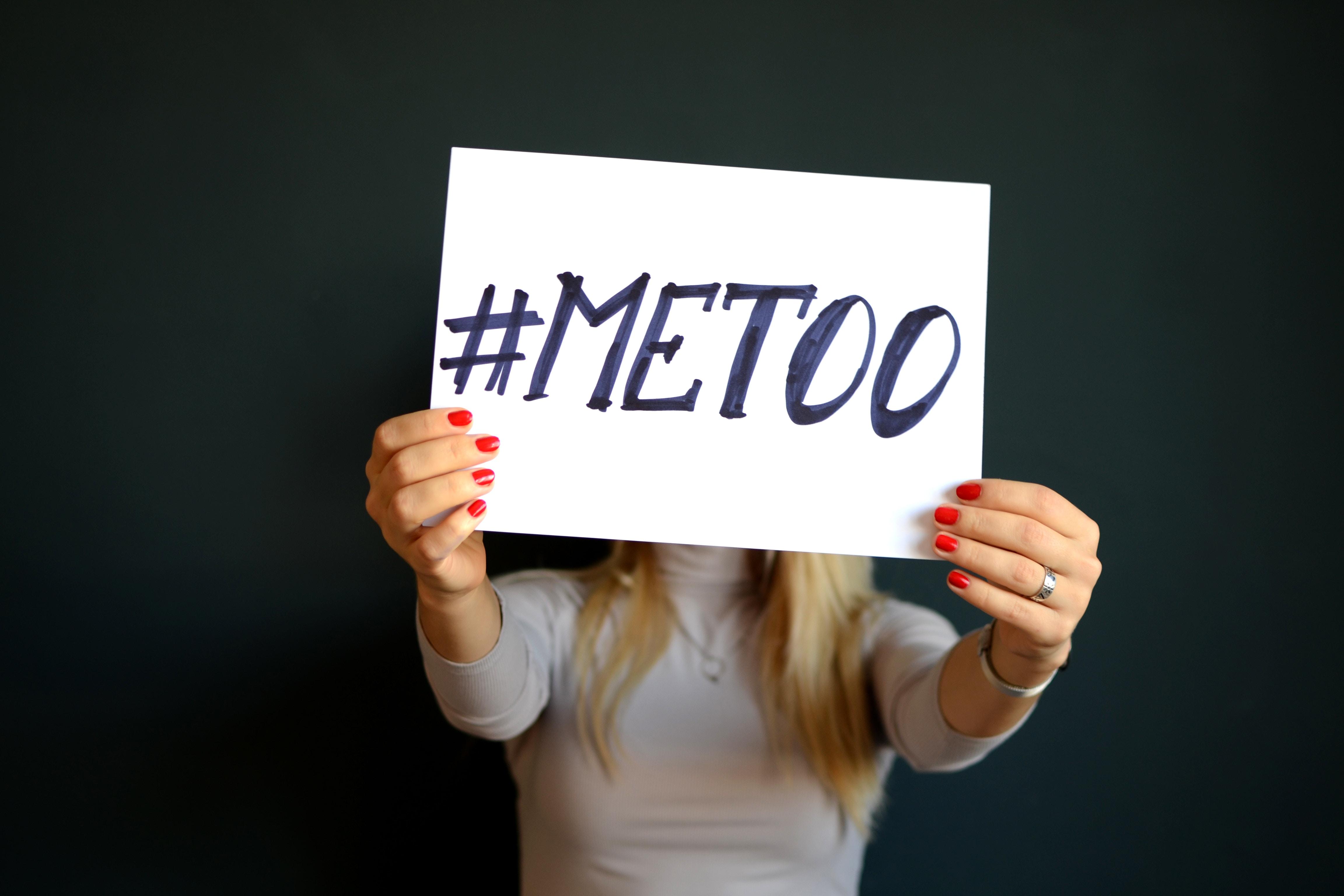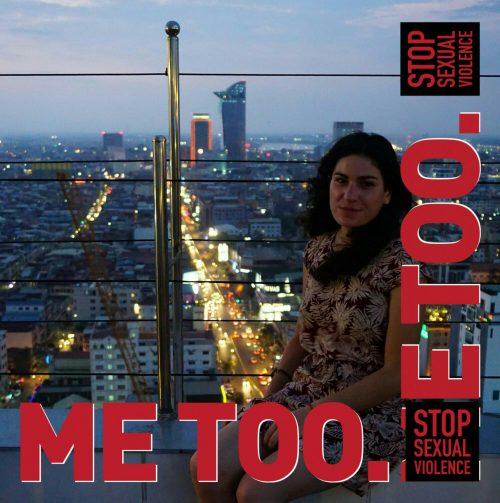Waitress Who Body Slammed Groping Customer Is One Of Many

On July 15, a viral video showed Emelia Holden, 21, a waitress in Savannah, Georgia body slamming customer, Ryan Cherwinski after he groped her. He was arrested on the spot, in front of his girlfriend and two daughters, and served two nights in prison before he was released on bail.
Emelia has since received so much support, words of encouragement and praise. She told People, “I’m glad that other women can see this and know that you can stand up for yourself. You also have the right to wear whatever you want without having to worry about being groped.”
The #metoo movement has empowered women to speak about experiences that they kept bottled up because of cultural shaming. For those women survivors who aren’t celebrities and don’t benefit from the limelight – especially women of color – social media has been a huge platform used to express their experiences. Some of those moments that have been recorded live and posted on social media have luckily gone viral—like that of Holden.
These are just a few other examples of women standing up for themselves in the era of #MeToo:
Julieth Gonzalez Theran
Theran, a sports reporter for Deutsche Welle, was in Moscow reporting live on the World Cup when a fan approached her, kissed her on the cheek, and grabbed her breast. Despite the harassment, she decided to continue broadcasting her piece.
After her broadcast, she said on Instagram: “We do not deserve this treatment. We are equally as professional and deserving.” The fan apologized but that doesn’t take away the fact that he assaulted her.
Marie Laguerre
Laguerre, 22, a resident of France, was on her way home when a man began to scream vulgarities at her. She was not willing to hear it anymore so she told him to “shut-up.” This angered the man who decided to hit her in the face.
The video of the incident – posted on Facebook on July 25th – went viral, accumulating over 2 million views. Marie’s Facebook caption says the following: “He’s not the only one. Harassment is daily. These men who think they’re all allowed on the street, who can humiliate us and don’t stand to be offended, that’s unacceptable. It’s time for this kind of behavior to stop.”
According to NowThis, her experience motivated her to create Nous Toutes Harcelement, a judgment-free online platform where women all over the world can openly share their street harassment experiences. French lawmakers passed a bill on August 1st, which according to NBC, “allows for fines of 90-750 euros ($105-$876) for gender-based harassment on streets and public transportation. The bill bans sexual or sexist comments and behavior that is degrading, humiliating, intimidating hostile or offensive”—there’s no doubt that Laguerre’s experience had a lot to do with this.
Madeline Anello-Kitmiller
Kitmiller, 20, painted her chest with glitter at the Rhythm and Vine Festival, which took place in New Zealand from December 29th 2017-January 1st 2018. When the moment a man groped her was captured on film and went viral – showing Kitmiller and her friend retaliating against the assaulter – people had mixed reactions.
People have responded differently to this incident. Some people have applauded her act of bravery—others have put the blame on her for not “covering herself up.”
Madeline told the Daily Mail Australia “I stand by my actions and hope that I’ve inspired women to feel comfortable in their bodies, no matter how they look.”
What these four females experienced happen to women everyday—some don’t speak up out of fear and shame. An online study conducted by Stop Street Harassment found that 81 percent of women in the U.S have experienced sexual harassment at some point in their life.
The survey conducted by Stop Street Harassment contained a broader meaning of the term sexual harassment. It defined it as “verbal sexual harassment, unwelcome sexual touching, cybersexual harassment, being physically followed, unwanted genital flashing, and sexual assault.” It goes without saying that that statistic is alarmingly high.
Emelia Holden, Julieth Gonzalez Therran, Marie Laguerre, and Madeline Anello-Kitmiller had terrible experiences but have used social media as a platform to empower women to not stay shut when confronted with sexual harassment.









